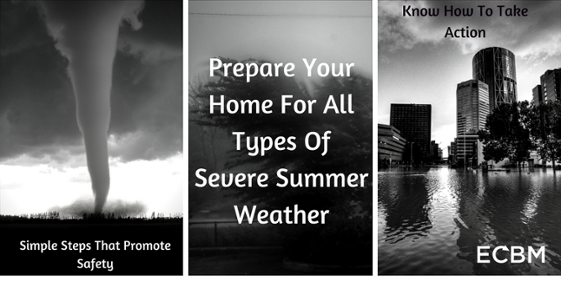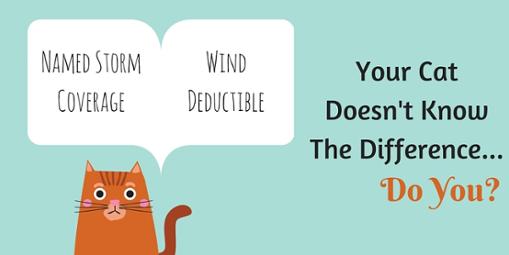
Insurance lawsuits often turn on the definitions of words. This confusion results in extensive litigation over words that seem to have commonly understood meanings – words like loss or occurrence for example. With millions of dollars on the line, the exact definition of a single term within a policy can make or break a business. This highlights the need for companies to understand to the best of their ability what their insurance coverage provides and what it does, keeping a particular eye on what exclusions may apply.
Limits Of General Liability Coverage
A security company recently learned this lesson the hard way. Tactic Security Enforcement, Inc. had purchased a general liability policy from Mt. Hawley Insurance Company. After a series of violent incidents outside a venue in Orland, the security company faced negligence lawsuits resulting from injuries sustained in the fight and a death resulting from a shooting. The company submitted the claim to their carrier seeking defense and indemnity. The general liability policy had an exclusion barring any claim arising from the operation of a bar, tavern, lounge, or nightclub, so the carrier refused coverage. The lawsuit hinged on a determination of whether the venue qualified as a bar, lounge, or nightclub at the time of the incidents; the policy at issue did not define the involved terms. Ultimately, while the lawsuit survived a motion for summary judgment on the issue, a jury ultimately found that for the purposes of the lawsuits, the venue constituted a bar rather than a lawsuit, meaning Tactic Security Enforcement must face their lawsuits without insurance coverage.
Coverage Gaps From Errors In The Policy
Typos can also create severe problems for insured entities. Minor errors in a description can prevent coverage for an otherwise insured loss. A Texas businesswoman recently discovered that- to her horror.
She had purchased a windstorm policy to protect her business from a hurricane-related loss. After Hurricane Harvey destroyed her business, she submitted a claim under her windstorm policy. Unfortunately, the insurance policy listed her business address incorrectly; it transposed a nine and a five in the business’s street number. This error was sufficient for the insurance company to deny her claim and leave her property uninsured despite its complete destruction by the hurricane.
Coverage Issues From Business Changes
Another issue can arise when companies fail to update their insurance policies despite changing circumstances. This issue arose recently before the United States Court of Appeals for the Eleventh Circuit. An event planning company, The Celebration Source, borrowed an amusement park ride known as The Psycho Swing from another vendor. Subsequently, a child suffered an injury on the ride, and her parents sued The Celebration Source, who in turn handed the claim over to their insurance company. The insurance company denied coverage.
Under the insurance policy, Celebration Source only had coverage for equipment specifically listed on their schedule. The policy did include a newly acquired apparatus endorsement providing coverage for new equipment, but Celebration had to notify the insurance carrier within thirty days that it had acquired the new equipment for the coverage to apply. Because Celebration Source failed to provide the required notice, they had to face the child’s lawsuit without insurance.
Accurate Coverage Means Understanding Your Policy Limits And Regularly Checking Your Policy
These incidents highlight the need to pay attention to the details in your insurance policies and emphasize the need to keep insurance policies up to date and reflective of your and your business’s reality. Failure to do so can cost you serious money.



